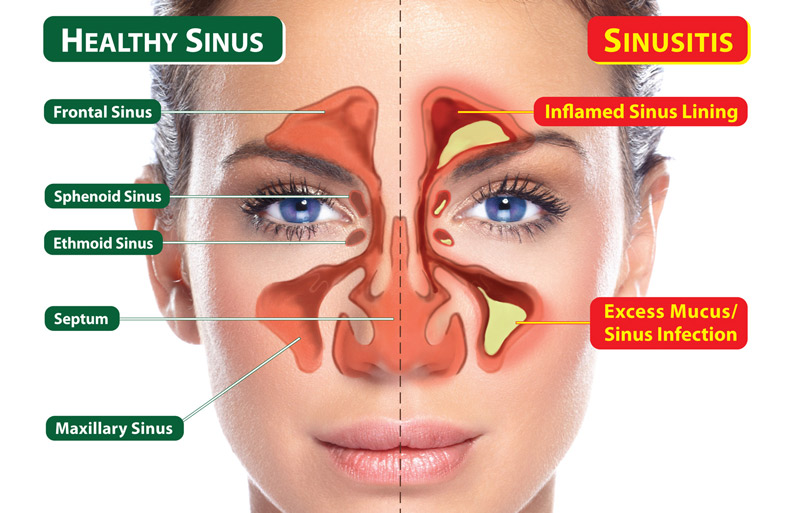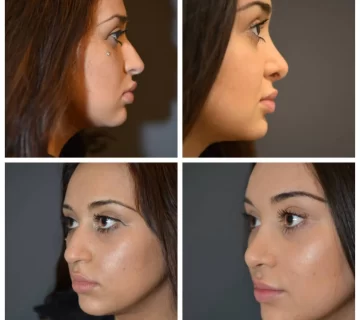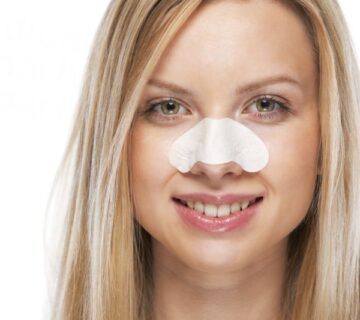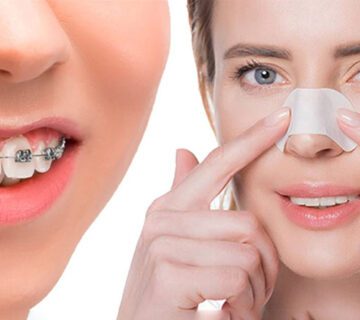Allergy doesn’t impact on the outcome of rhinoplasty and surgery also doesn’t aggravate or relieve allergies. In fact they have nothing to do with each other. The patient with long-term chronic sinusitis can have rhinoplasty after the disease is cured. If the patient suffers from nasal polyps, rhinoplasty can be performed along with endoscopic sinus surgery.
Allergy is an innate illness that causes due to extreme reaction to environmental stimuli. Mucus lining of the inside of the nose as well as sinus of the patients with allergy develop swelling in reaction to the certain substances in the air, so it leads to nasal congestion and a runny nose. In some cases, the patients show the symptoms by eating special foods such as spicy foods, spices, tomato or eggplant. Some of these allergy sufferers with ocular symptoms in addition to nasal symptoms like sneezing, runny nose and nasal congestion also experience itchy eyes, watery eyes, and red eyes. The treatment for the allergy sufferers is as follows:
- taking oral antihistamines
- Taking medicine to dry up the runny nose and taking drugs to cure nasal congestion narrowing the blood vessels. These drugs are sold in form of nasal drops and also for oral usage.
- Using nasal corticosteroids sprays is one of the best treatments for nasal allergy, as it can be utilized in long-term periods and even for children and pregnant women.
- Regular rinse of the nose with the saline removes dust and substances that cause allergy, so the symptoms reduce.
Taking oral corticosteroid is one of the most influential treatments, so it should be taken on the physician’s prescription.
As it was mentioned allergy is cured using these medicines and undergoing rhinoplasty doesn’t aggravate or improve it.





No comment